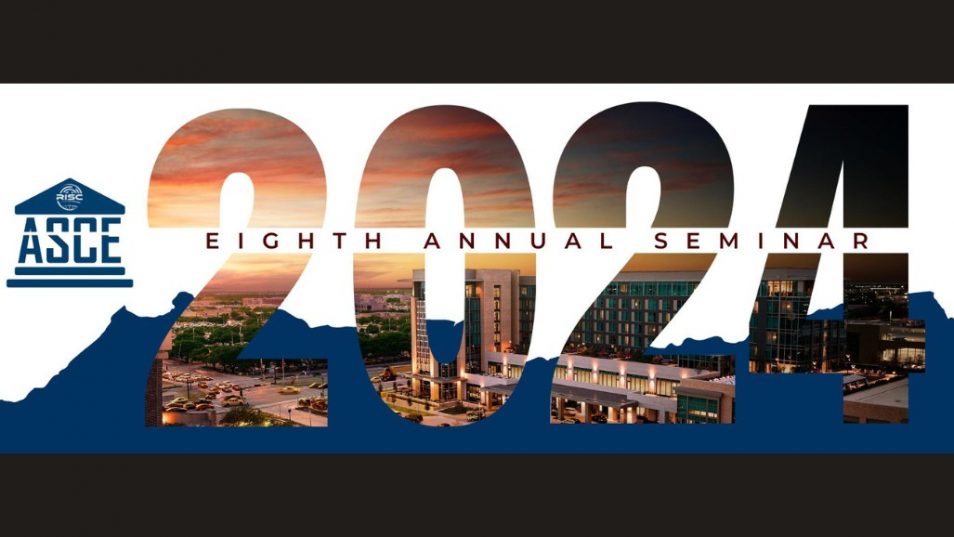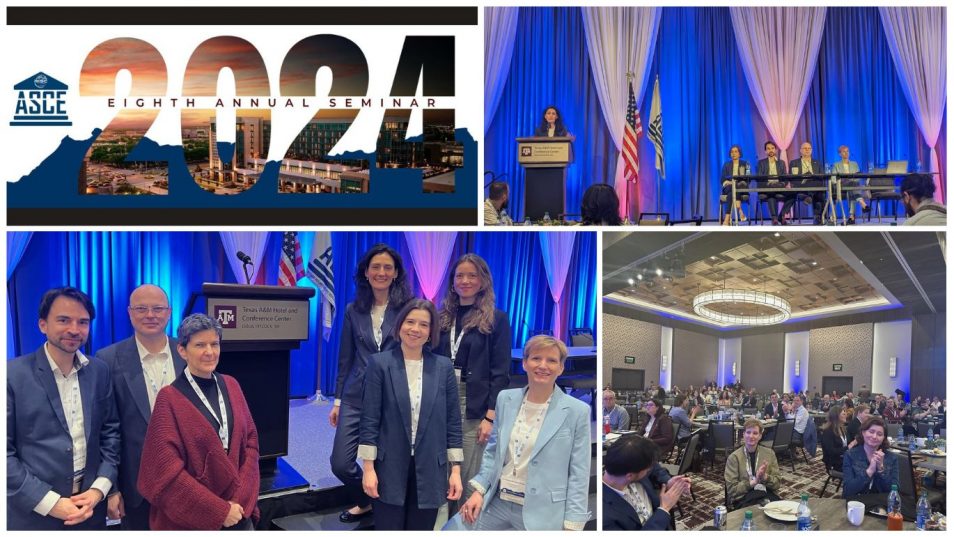Balancing Openness, Threats, and Resilience: Perspectives from Germany
 © ASCE RISC
© ASCE RISC
One of the largest conferences on research security in the U.S. took place at Texas A&M University: the annual ASCE seminar, bringing together more than 500 experts from 15 countries to discuss the challenges of foreign interference in international scientific cooperation. Effrosyni Chelioti and Alexandra Rosenbach (both Helmholtz Association), Jan Lüdert (DWIH NY), Friederike Schröder (German U15), and Christian Strowa (DAAD) were pleased to host a session on the German perspective on March 7 and discuss national policies and institutional measures with the audience.
Event Information
March 7, 2024, 8:00 AM to 8:55 AM
Texas A&M Hotel and Conference Center, College Station (TX)
Organizer(s): The Texas A&M University System’s Research and Innovation Security & Competitiveness (RISC) Institute, German Academic Exchange Service (DAAD), Helmholtz Association, German U15 universities, DWIH New York

The topic of research security and technological sovereignty has become of high strategic relevance both for individual European countries and the EU itself. In the case of Germany, following Russia’s attack on Ukraine (characterised as a turning point (“Zeitenwende”) by German Chancellor Scholz), it has become necessary to probe pre-conceived notions of what Germany’s foreign cultural and educational policy (AKBP), often described as the “third pillar” of German foreign policy, can – and should – achieve with respect to national security and defense policy.
In June 2023, Germany’s Federal Government adopted a National Security Strategy that offers an “integrated” concept of security as a centerpiece of its scope. The strategy emphasizes the role of science and research and their significance in forming the basis for Germany’s innovative strength and technological sovereignty, heightening the importance of research security and de-risking measures within academia. At the same time, academic freedom has constitutional status in Germany and openness has served as the main principle for international academic collaboration for decades. Thus, a heightened need for research security measures on the one hand and an increasing emphasis on scientific freedom on the other have led to questions of academic research and international collaboration becoming increasingly political. Universities and research institutions often see themselves caught in a debate between state and self-regulation, between state requirements and a lack of financial resources, between varying interests of public media, academic leaders and researchers itself.
Against this backdrop, the panel highlighted select de-risking tools, practices and aims from the perspective of three major German academic institutions: The German Academic Exchange Service (DAAD), the world’s largest funding organisation for the international exchange of students and researchers, including its advisory Center for International Academic Collaborations (KIWi) and its global network of Centers for Research and Innovation (DWIH); the German U15 universities – the largest, research-intensive Universities in Germany’s higher education system; and the Helmholtz Association, the largest scientific organization in Germany made up of non-university research institutions. They discussed the process of establishing risk assessment and awareness raising in international scientific collaboration while simultaneously ensuring that collaboration across borders can still thrive. In addition, they took a closer look at the role of Science Diplomacy in strengthening and maintaining international academic relations in general and transatlantic relations in particular.
